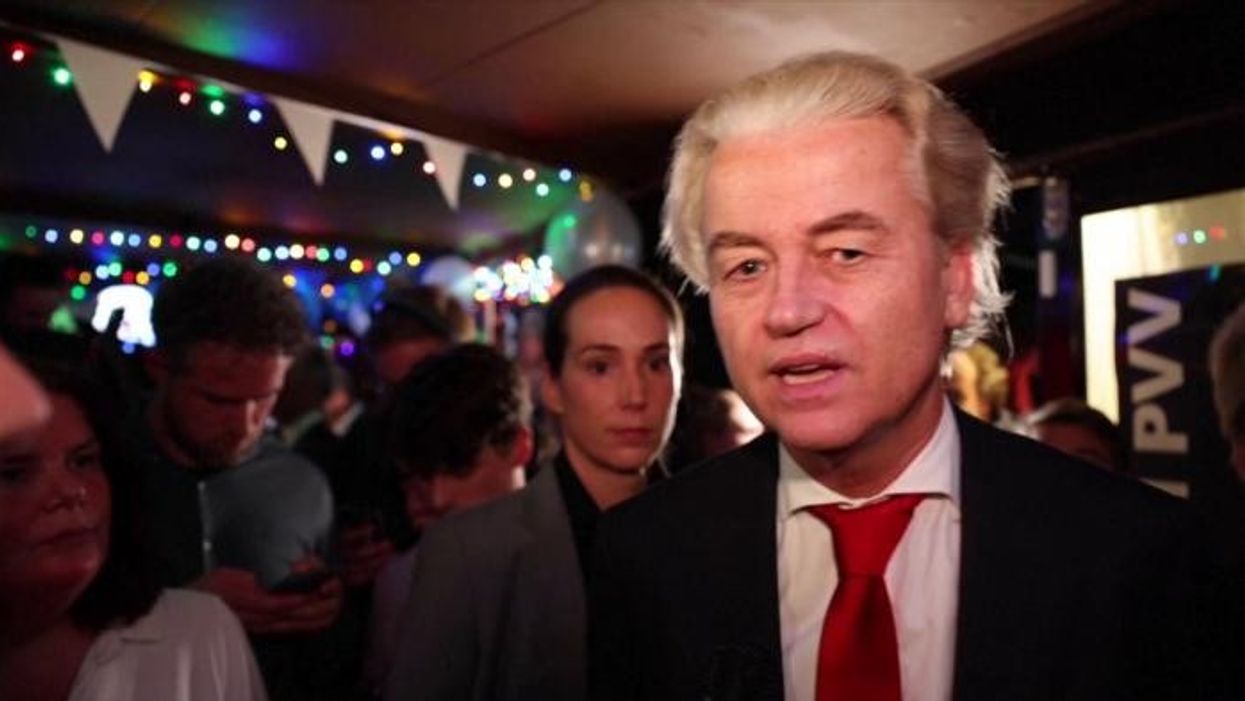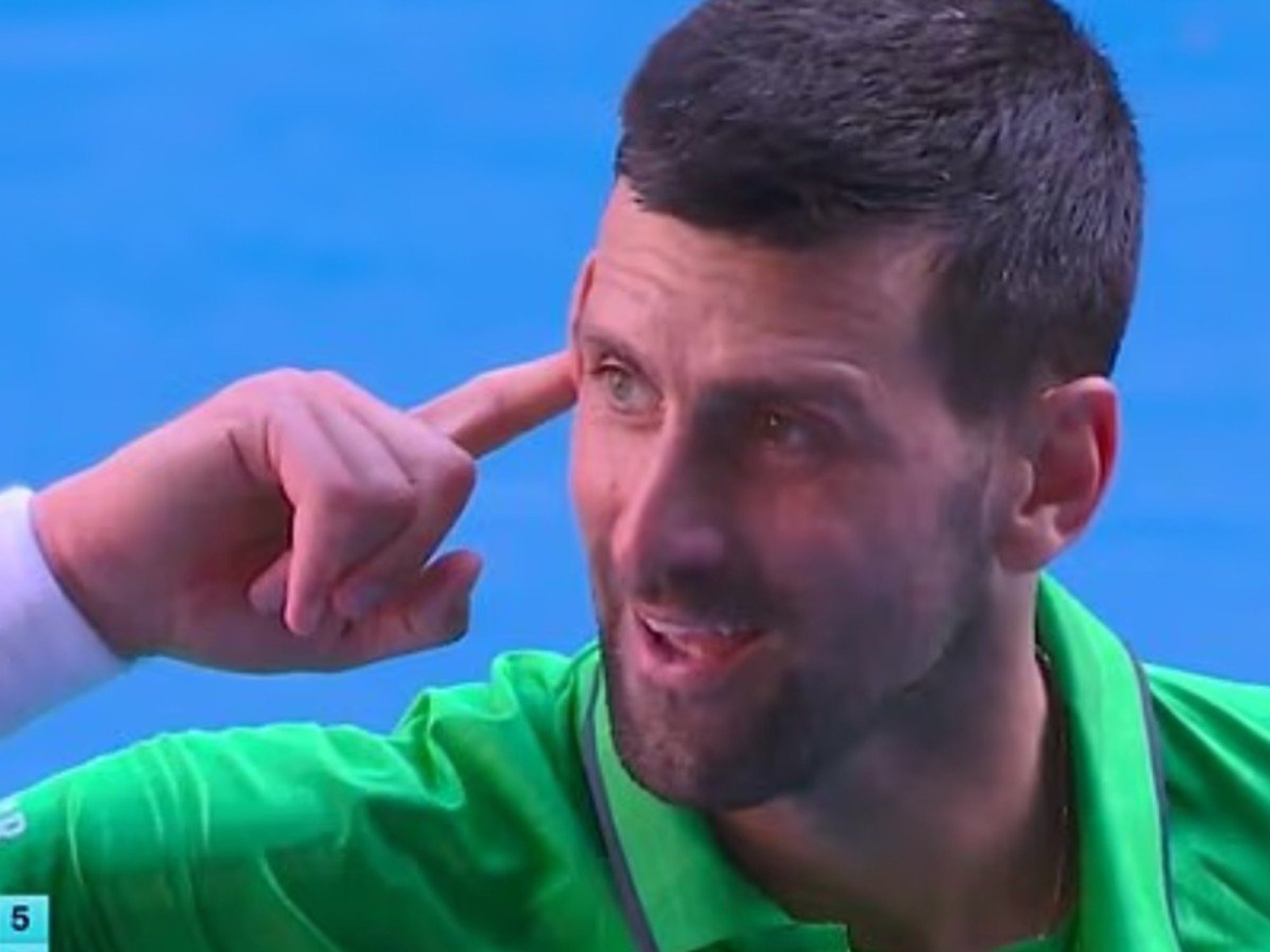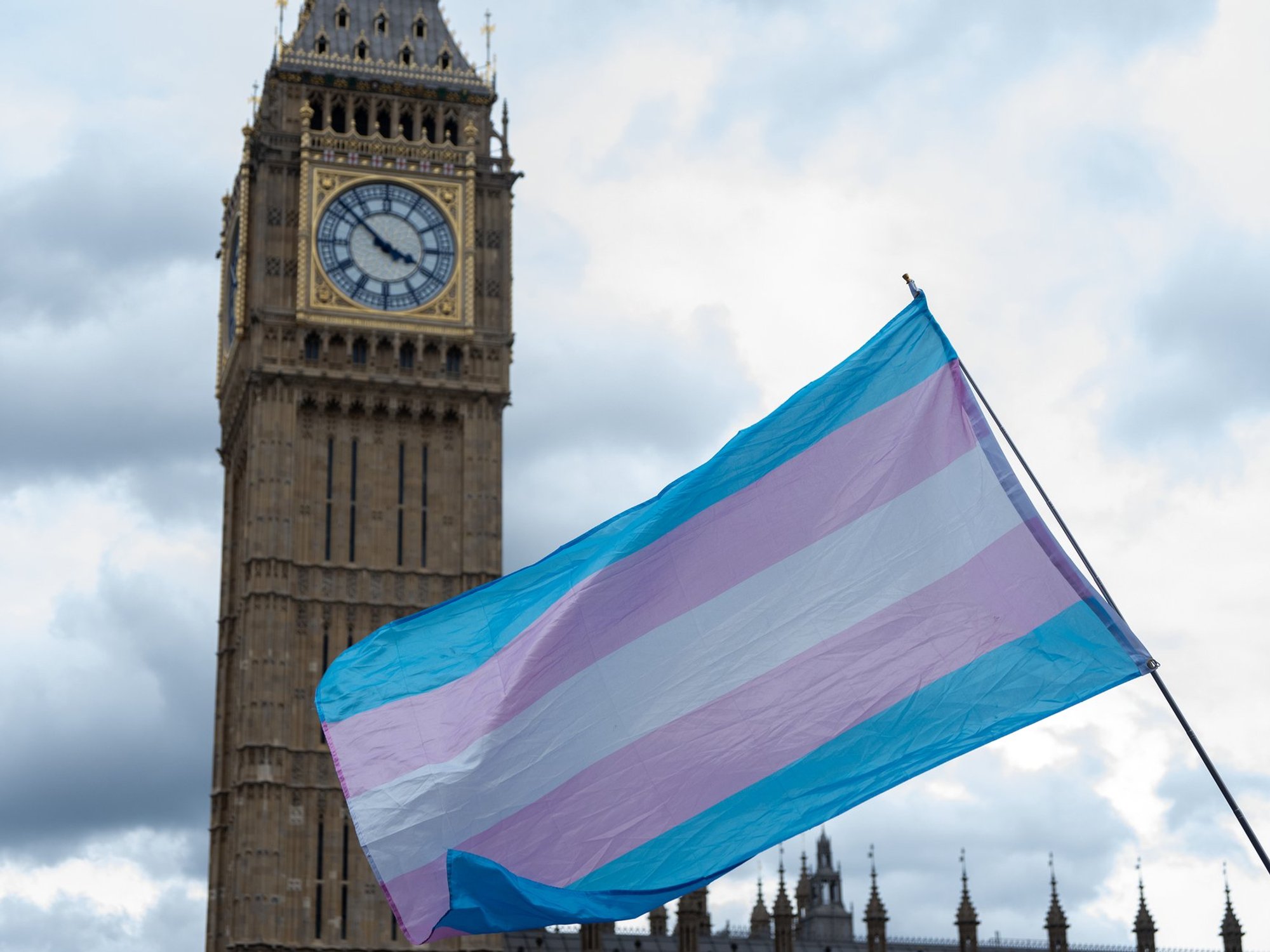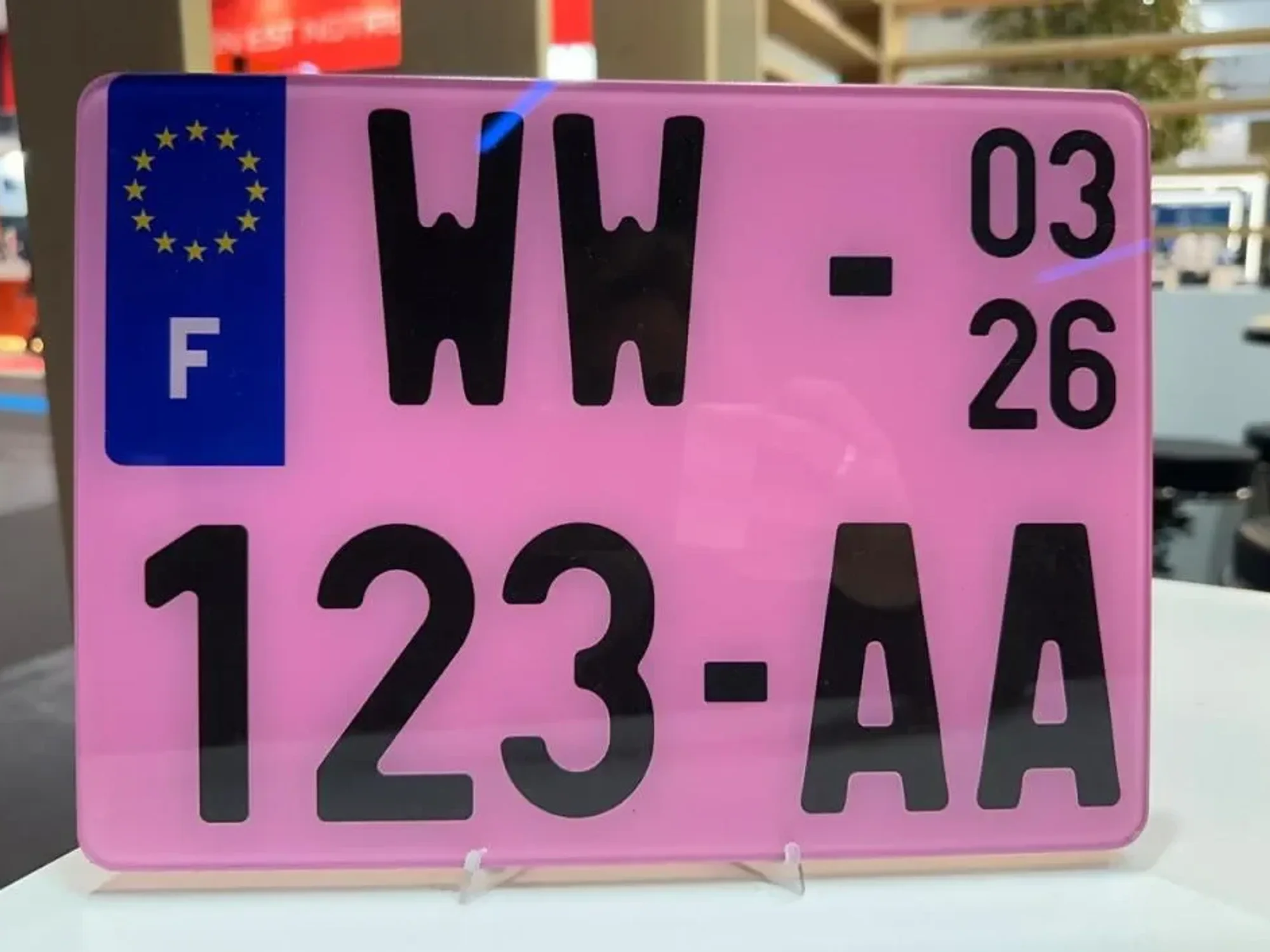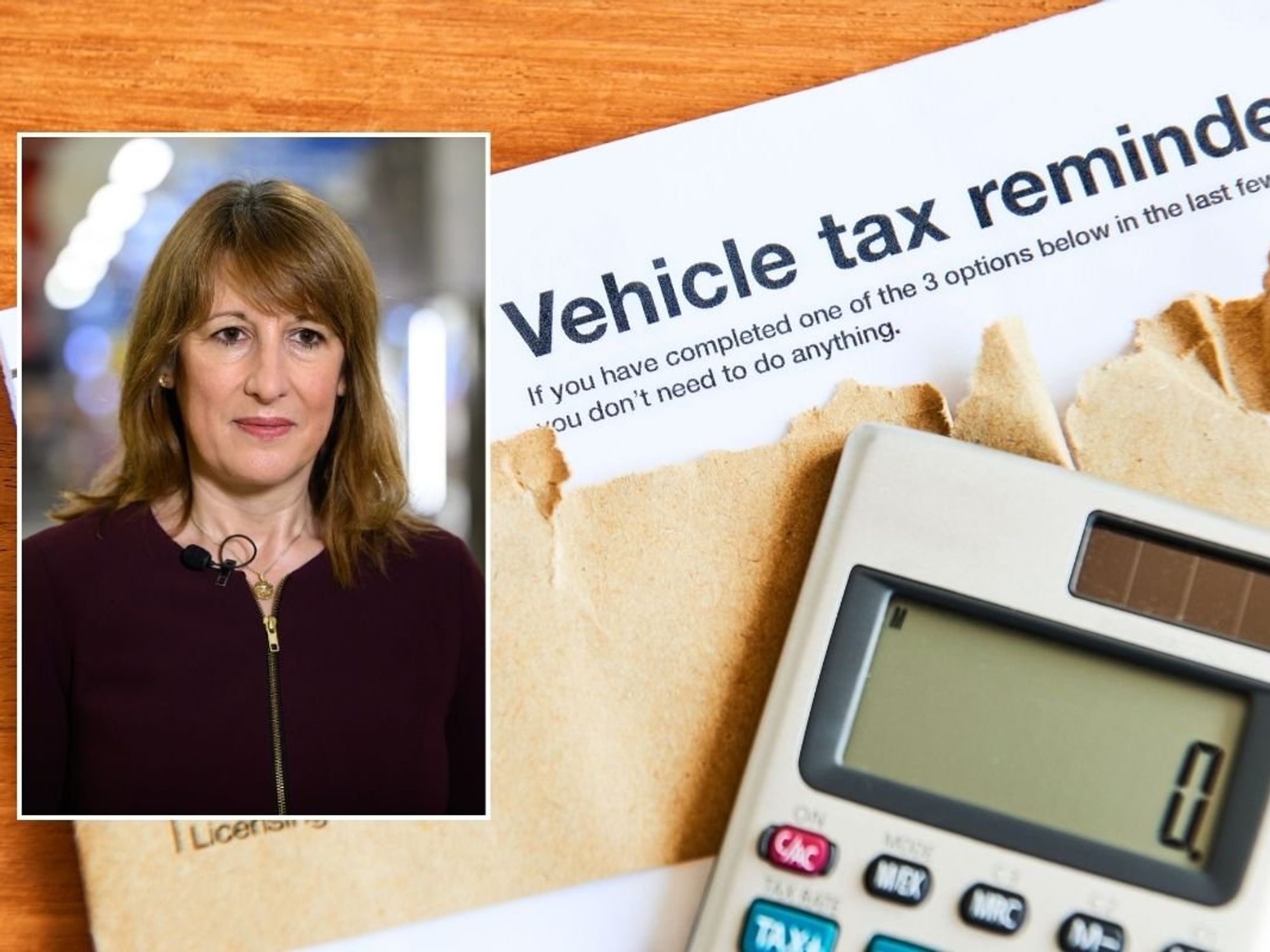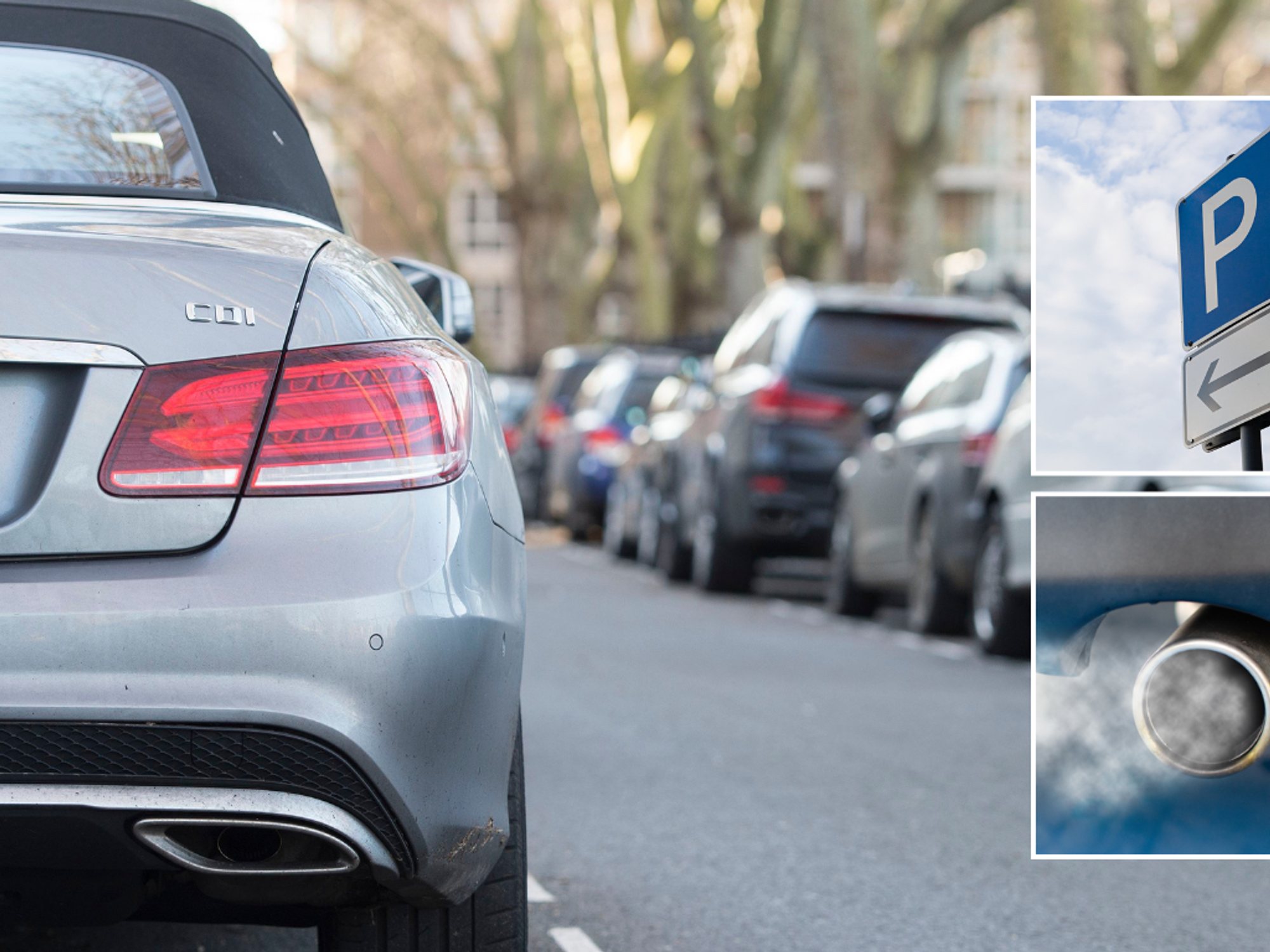Geert Wilders admits DEFEAT on becoming Dutch PM four months after surprise election victory

The announcement comes four months after an election in which his party won the most votes
Don't Miss
Most Read
Geert Wilders said he was ready to forego the job of Dutch prime minister to break months of deadlock in trying to form a Government.
It comes nearly four months after an election in which his Freedom Party won the most votes in the Dutch general election.
Wilders has been in talks with potential right wing allies since the November 22 election but they have been unsuccessful.
A negotiator appointed to assist in the process is due to report to parliament on his findings later today, Thursday, March 14.
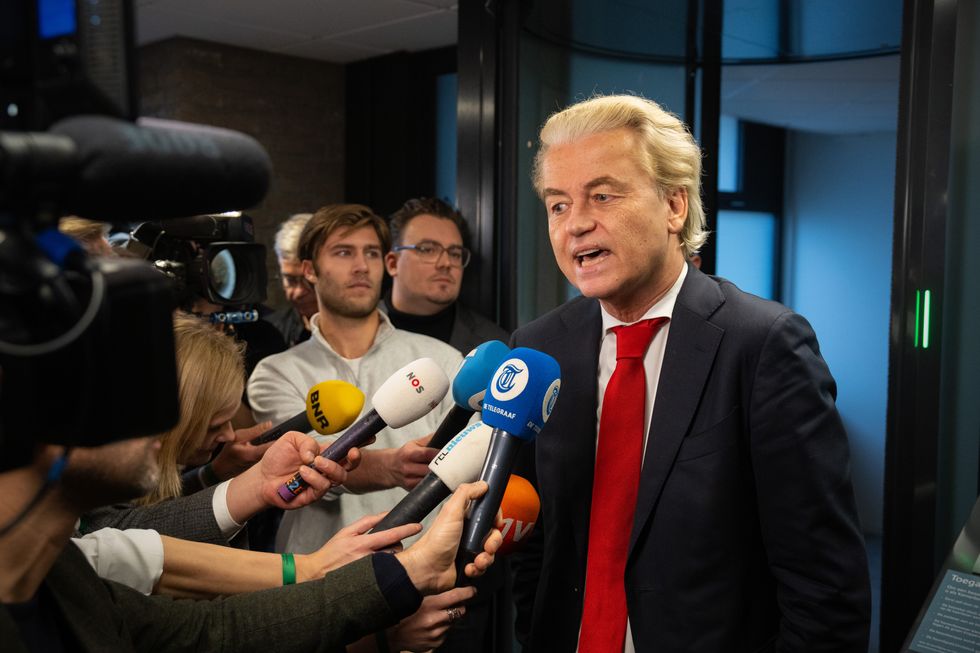
Geert Wilders has said he won't be Dutch PM
|Getty
Wilders wrote on social media: "I can only become the prime minister if ALL the parties in the coalition supported it. That was not the case... I really want a right ( wing ) cabinet. Less asylum and immigration... Love for my country and the voters is big and more important than my own position."
Local media had earlier reported that Wilders was prepared to give up his hopes of becoming prime minister as he has struggled to form a viable government.
Citing political sources in The Hague, local media said Wilders' Freedom Party and three other conservative parties attempting to form a right-wing coalition were weighing a scenario in which the party leaders would remain in parliament but not join the new government in order to break the deadlock.
This scenario, known as an "extra-parliamentary" cabinet, politicians and experts not considered closely allied to any of the parties would be appointed to top government posts and work closely with parliament.
LATEST WORLD POLITICS NEWS
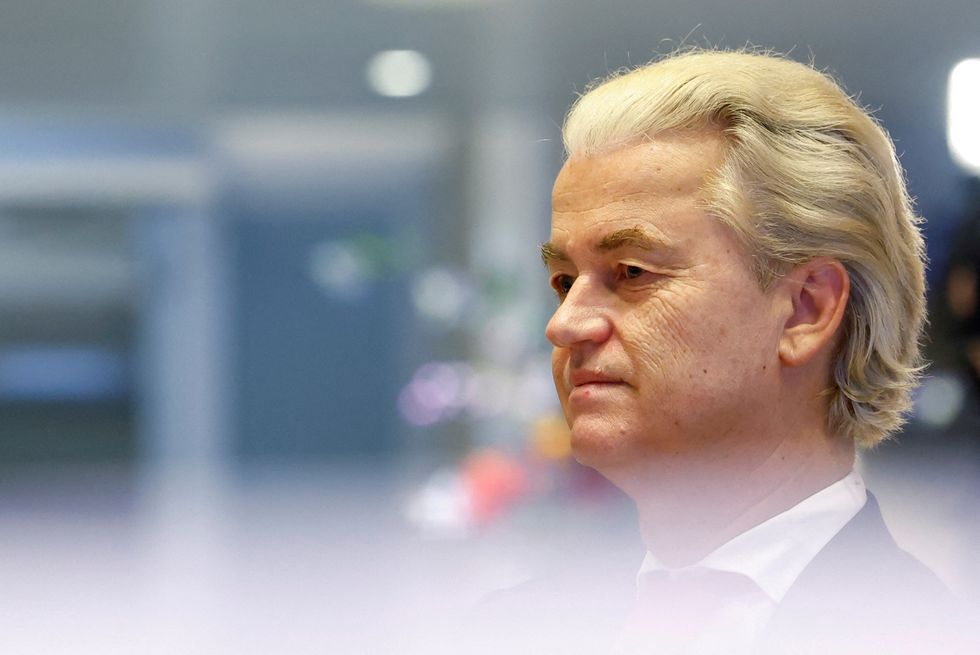
Dutch hard-right politician and leader of the PVV party Geert Wilders
|Reuters
The last "extra-parliamentary cabinet" was formed in 1973. However, the Labour leader who had most seats, Joop den Uyl, did serve as prime minister.
While other parties were initially lukewarm or hostile to the idea, it gained ground as a means of bypassing reservations over Wilders, who has proved controversial among the right-wing Dutch politicians.
Wilders had campaigned to "give the Netherlands back to the Dutch". He also hit out at what he described as a "migration tsunami".
The Netherlands traditionally is governed by majority coalitions that nail down their agreements in detailed government pacts.
Since the election, Dutch parties have said they won't work with Wilders, despite his promises to drop his most contentious plans - such as shutting down mosques and banning the Quran from the Netherlands.
In February, talks on a new government stalled after prospective partner NSC backed out of joining any coalition led by Wilders.
The NSC's decision effectively scuttled the formation of any right-wing government that would have a majority in parliament.


